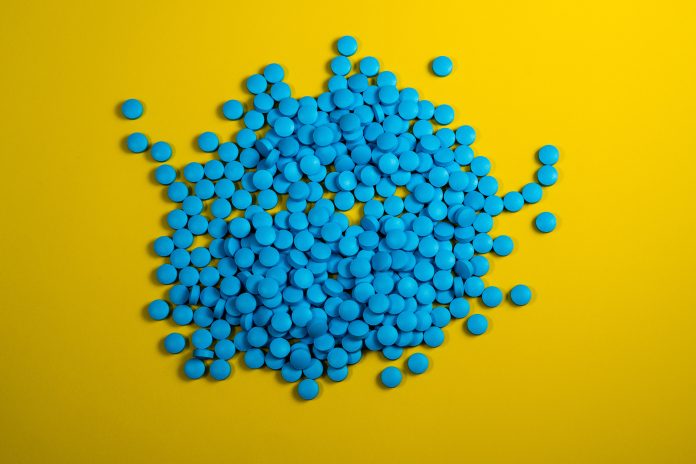The placebo effect is a phenomenon that tricks the brain into thinking that a fake treatment with no medicinal benefits is working.
The idea is still largely unexplained by science but has a powerful effect on humans which can cause numerous issues within scientific studies when trying to draw conclusions.
History of the placebo effect
The placebo effect was first mentioned in the 1700s when the doctors of that age realised the power of fake drugs to improve people’s symptoms.
To make the placebo treatment more convincing, they would often mimic the real treatment.
To replicate pills, patients would be given sugar pills, for injections, doctors would inject water. There are even cases of sham surgeries to improve a patient’s condition via a placebo.
How does it work?
The placebo effect works different from human to human and is still not fully understood, yet there are some theories as to what happens.
Expectation appears to play a key role in how the placebo effect works on a human. The expectation of taking a drug causes a drop in stress hormones, which can reduce pain.
Placebos have been shown to cause changes in the brain’s activity. There have been increases in dopamine within the brain along with opioid receptor activity.
One of the newer theories behind the placebo effect is from psychoneuroimmunology which was once labelled as a pseudo-science but is starting to be more widely accepted.
The idea being that a positive outlook helps stave off illness and expecting your health to improve can boost a person’s immune system.
This has been touted as a possible reason for the placebo effect.
The benefit of the placebo effect
The placebo effect has a key role within medical science.
For studies of new drugs, placebos can play a key role in assessing the supposed benefits.
Since the 1950s, placebos have been used in medical studies. Half of the participants would take the newly invented drug while the other half of the participants will be given the similar looking placebo.
In completing studies in this manner it would ensure that the results would not be bias. If the drug shows a significant benefit over the placebo, then the drug is likely to be effective.
Modern medicinal studies tend to avoid using placebos due to ethical concerns. Instead, they prefer to use an older version of a drug or an alternative medicinal treatment to compare results. Placebos are used as a control to compare the results of the old drug versus the new.
How strong is the placebo effect?
The power of the placebo effect should not be underestimated. It has been shown to work in around a third of humans and in some cases, up to 60% of cases.
As well as this, there are numerous ailments that a placebo has been shown to cure. These include: anxiety, depression, Parkinson’s, erectile dysfunction and IBS to name but a few.
A Danish study showed that 48% of doctors have prescribed placebos over the past year. They were mainly prescribed to people with viral infections or people with fatigue.
A recent study has shown that the supposed benefits of microdosing LSD are likely the result of the placebo effect.
Why is this an issue in psychedelic assisted therapy?
Due to the power of the placebo effect, medical studies have to be wary of their results until a large enough sample size can be collated to prove that the results are not due to a placebo effect.
Within psychedelic assisted therapy, this can prove difficult due to the legal nature of many of the drugs used.
With psilocybin, LSD and MDMA still classed as schedule 1 drugs in most nations, the universities that are attempting to complete studies using these drugs have many regulatory hurdles to navigate.
This can mean that may of the studies completed so far are with a limited number of participants, which can cast doubt on the veracity of the results.
This is why the further phases of the trials currently in the process of being completed are essential for the future of psychedelic assisted therapy.


